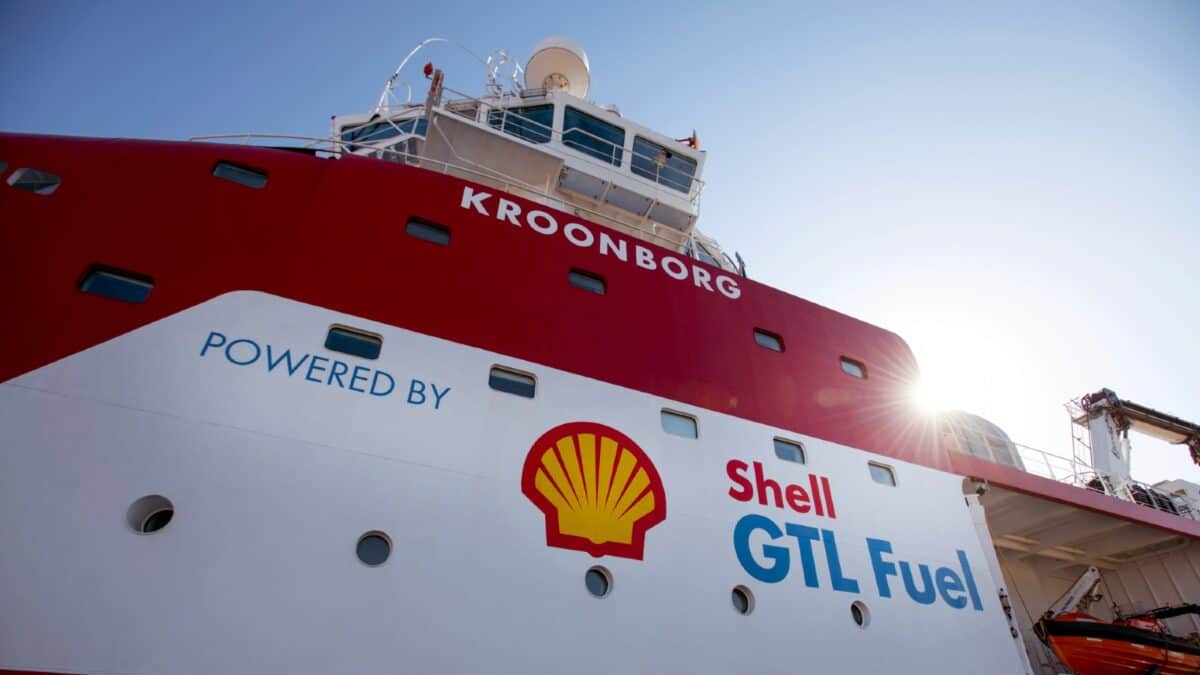Shell’s (LSE: SHEL) share price has dropped 12% from its 12-month high on 18 October. Even before this, the company looked undervalued compared to its peers, which is one reason I may buy more shares soon.
Another is that the fall appears to be the result of temporary factors that do not reflect the positioning of the business.
One risk in the stock is a sustained slump in global commodities prices. And another is any increased government pressure to speed up its energy transition.
Lower oil prices
One element behind the price drop is the fall in oil prices over the period. However, oil prices change constantly.
Short-term price dips can come from larger-than-expected supply surpluses being reported in global inventories, for example. This has happened often since the middle of October.
Longer-term price falls can result from declining demand from big global buyers of oil, among other factors. This has been the case with China since the onset of Covid there at the end of 2019.
However, demand from China broadly picked up in 2023, as its economy continued its post-Covid recovery. This is positive for oil prices.
Also positive is the likely fall in oil production due to declining infrastructure investment in line with the energy transition.
Prices could also spike on escalations in the Russia-Ukraine and/or Israel-Hamas wars, much as we hope this will not happen.
Indeed, the World Bank said that oil prices could hit $150 per barrel if the latter conflict intensified. Currently, it is around $77.
Energy transition confusion
Protesters against ‘big oil’ companies often fail to appreciate that these are the firms tasked with leading the energy transition.
But to avoid all the world’s power being switched off overnight, this transition will have to happen gradually.
December 2023’s UN Climate Change Conference reiterated that the target net zero point remains 2050. But it added that this must be done “in keeping with the science”.
Shell aims to reduce its carbon emissions gradually — down 20% by 2030, 45% by 2035, and 100% by 2050.
On the fossil fuel side, it committed in 2023 to keeping oil production at 1.4m bpd until 2030. It also said it will expand its huge liquefied natural gas business. And it continues to make major new oil and gas finds.
November saw it reporting Q3 earnings of $6.2bn, against Q2’s $5.1bn. Earnings per share of $1.06 were up from Q3 2022’s $0.93.
Undervalued against its peers
Shell shares dropped over 2% after an 8 January update flagged one-off non-cash asset write-downs of $2.5bn-$4.5bn. These principally relate to the Singapore refining and chemicals hub the firm is looking to sell.
Reflecting this 2%+ drop, Shell is currently trading at a price-to-earnings (P/E) ratio of just 6.9. This is very cheap compared to the peer group average of 10.2.
The group comprises Brazil’s Petrobras at 3.6, the US’s ExxonMobil and Chevron at 9.6 and 10.7, respectively, and Saudi Arabian Oil at 16.7.
A discounted cash flow analysis shows the stock to be around 29% undervalued at its present price of £24.47.
Therefore, a fair value would be around £34.46, although this does not necessarily mean it will ever reach that level.







